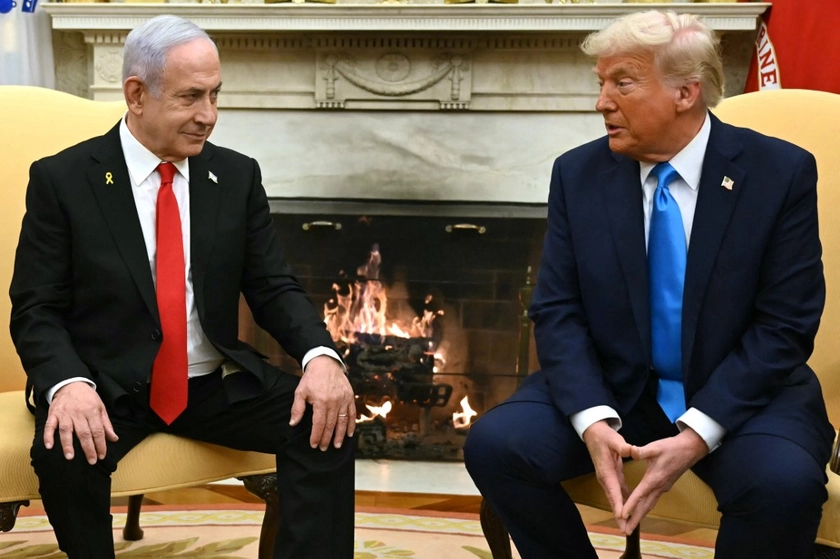When Turkish President Recep Erdogan brokered a $2.5 billion deal with Russian President Vladimir Putin to buy the S-400 Triumf missile system, one of Moscow’s most advanced air defense weapons, Washington warned it would be a costly mistake – and so it proved.
In July 2019, just days after Turkey received the first of four missile batteries the US removed Ankara, a financial and manufacturing partner, from the F-35 multirole combat aircraft program.
JOIN US ON TELEGRAM
Follow our coverage of the war on the @Kyivpost_official.
In December 2020 the outgoing President Trump took further action using the “Countering America’s Adversaries Through Sanctions Act,” which allowed the US to place economic sanctions against Turkey. Although economic penalties have not since been instituted the point was made.
In January this year during a visit to Istanbul, acting deputy of Secretary of State Victoria Nuland offered to readmit Turkey into the fifth-generation fighter program, on condition that Ankara disposed of its S-400 missiles.
On the face of it that should not be a problem as the Russian missiles were only deployed for initial acceptance testing and have remained unused in a warehouse ever since. However, many see them as an important symbol of Erdogan’s close links with Putin, making their removal difficult for the Turkish president.
The former Turkish diplomat, now political analyst Aydin Selcen described the purchase of the S-400s as “a diplomatic catastrophe of historical magnitude,” and as “an unforced error, an own goal,” which he thought Erdogan would have problems “walking away from.”

Eurotopics: Ceasefire Proposal - How Will Moscow React?
NATO and other Western allies of Kyiv have called on Turkey to transfer its S-400s to Ukraine just as it is reported Greece did with its modernized Russian S-300PMU-1 air defense systems as part of an agreement to allow Athens to acquire its F-35s.
A number of commentators believe that US-Turkish ties have improved following Ankara’s, albeit delayed, ratification of Sweden’s NATO membership which was followed by Washington allowing the sale of F-16 fighters to Turkey.
However, some Turkish analysts are alarmed that Greece, their neighbor and rival, having received F-35s along with further modernization of its armed forces is leaving Turkey behind.
One such view was expressed by Soli Ozel an international relations professor at Istanbul’s Kadir Has University who said “When you read Turkey’s hawks, everybody is afraid that the air power balance over the Aegean is tilting in favor of Greece.”
Other possibilities being discussed would include selling the S-400s to “non-aligned” nations such as India and Pakistan who have expressed interest in buying some or all of the systems or to traditional Turkish allies such as Azerbaijan, Qatar or even Libya.
Other options considered include transfer them to the US or another NATO member relieving Ankara from having to decide on whether to send them to Ukraine or not. Another would be to retain the missiles on Turkish soil under American control such as at Incirlik Air Base, where US forces are already present.
As fears grow in Moscow that Turkey is close to reaching a deal with the US over the S-400s, Russia, in the person of Foreign Minister Sergey Lavrov, said over the weekend that Turkey cannot do whatever it wants with the Russian-supplied air defense system as they are limited by end user certificates which state that the consent of the seller (Moscow) is needed to approve transfer or sale to a third party.
Needless to say, the Kremlin would not endorse delivery to Kyiv or any hostile Western partner who would have the opportunity to pass them on or study the missile technology in detail – although the S-400s having been in the hands of Turkey itself a NATO member for more than five years the ship has probably already sailed on the latter area of concern.
The sale of the S-400 system to Ankara in 2017 was seen by many as a diplomatic coup for Moscow, which had the potential to drive a wedge between Turkey and its NATO allies. Getting rid of them, whichever route was chosen, would equally be considered a political victory for Washington.
You can also highlight the text and press Ctrl + Enter











